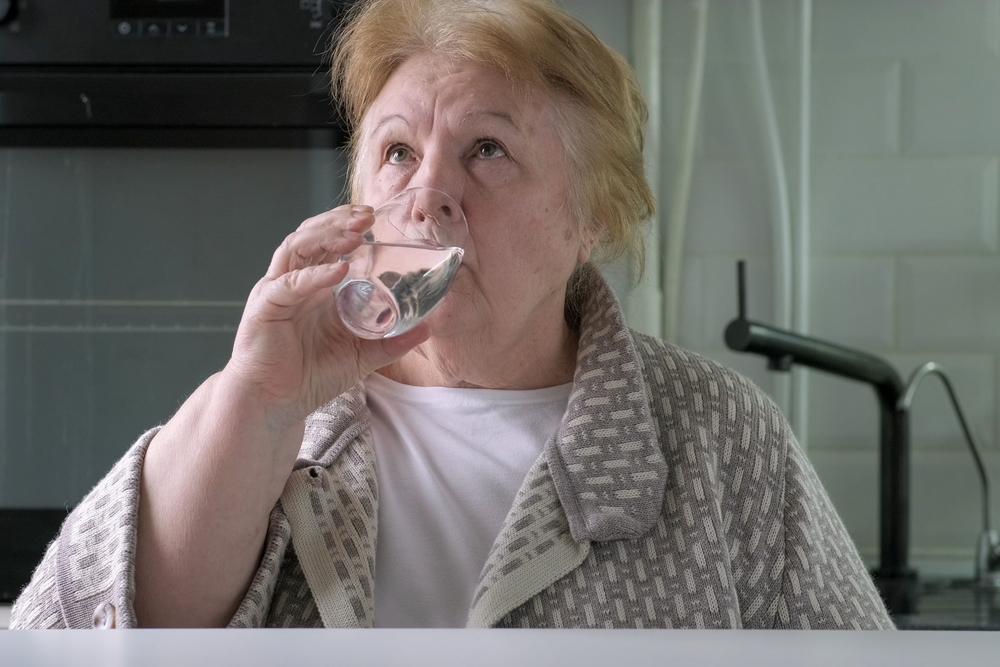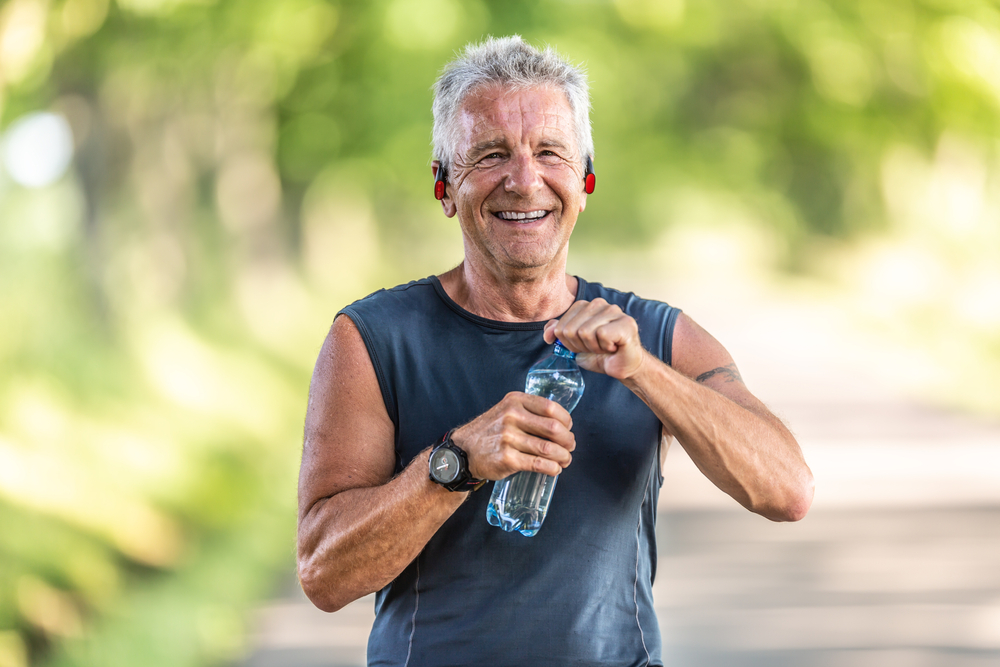Hydration is a fundamental aspect of health at any age, but it becomes increasingly critical as we grow older. For the elderly, staying adequately hydrated is essential for maintaining physical health, cognitive function, and overall well-being. Despite its importance, hydration is often overlooked in elderly care, leading to a range of preventable health issues.
As we age, our bodies undergo changes that affect how we process and retain fluids. These changes can include a diminished sense of thirst, making it less likely for older adults to feel or recognize the need to drink. Furthermore, the body’s ability to conserve water decreases with age, and the kidneys may lose some of their efficiency in regulating the body’s fluid balance.
Proper hydration is crucial for several physiological functions. It helps in maintaining blood pressure, regulating body temperature, and facilitating digestion. Water is also essential for transporting nutrients and oxygen to cells, removing waste, and lubricating joints. Dehydration in the elderly can lead to urinary tract infections, constipation, confusion, dizziness, and in severe cases, hospitalization.
Cognitive health is also closely linked to hydration. Dehydration can impact brain function, leading to symptoms like confusion, disorientation, and difficulty in concentrating. These symptoms can be particularly problematic for seniors, often being mistakenly attributed to age-related cognitive decline or dementia.

Preventing dehydration involves more than just drinking water. It includes understanding and recognizing the signs of dehydration, which can be subtle in the elderly. These signs can include dry mouth, fatigue, dark urine, and reduced urine output. In more severe cases, there may be dizziness, rapid heart rate, and low blood pressure.
Encouraging regular fluid intake is key in preventing dehydration. This can include setting a schedule for drinking water or other fluids throughout the day. While water is the best source of hydration, other fluids like herbal teas, broths, and juices can also contribute to overall fluid intake. However, it’s important to be mindful of beverages that can lead to dehydration, such as those containing caffeine or alcohol.
Hydration can also be enhanced through food choices. Many fruits and vegetables have high water content and can contribute to overall fluid intake. Including foods like watermelon, cucumbers, oranges, and strawberries in the diet can help maintain hydration.
In cases where seniors have difficulty drinking or have a decreased desire to drink, alternative methods of hydration may be necessary. This can include offering small sips of water frequently, using a straw, or providing flavored water or ice pops.
Family members and caregivers play a vital role in monitoring and encouraging hydration in the elderly. This can involve offering fluids regularly, paying attention to the environment (such as ensuring it is not too warm), and watching for signs of dehydration.

In conclusion, hydration is a critical yet often overlooked aspect of elderly health. It is essential for the proper functioning of both physical and cognitive processes. Ensuring adequate hydration in seniors requires awareness, regular monitoring, and proactive measures to encourage fluid intake. By prioritizing hydration, caregivers and family members can significantly contribute to the health, comfort, and well-being of the elderly.

